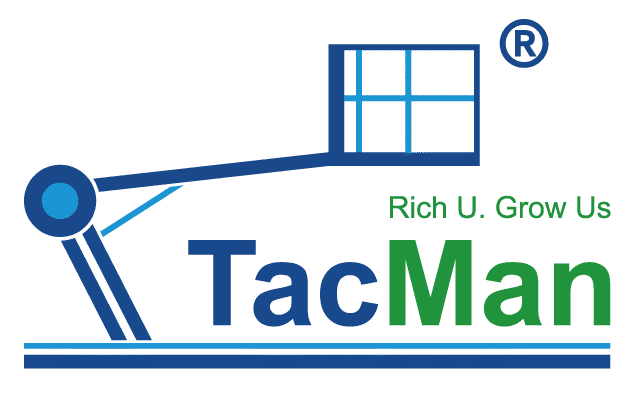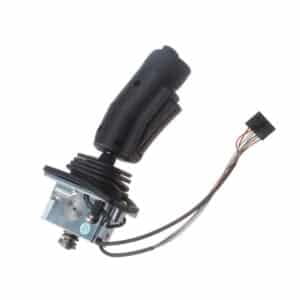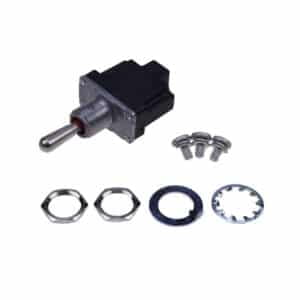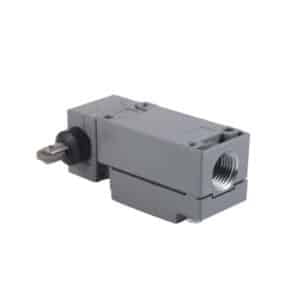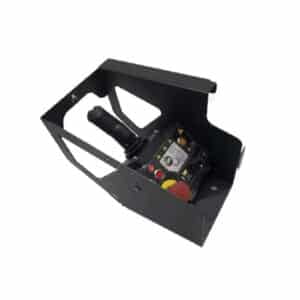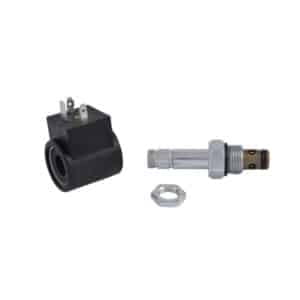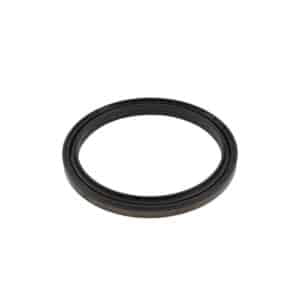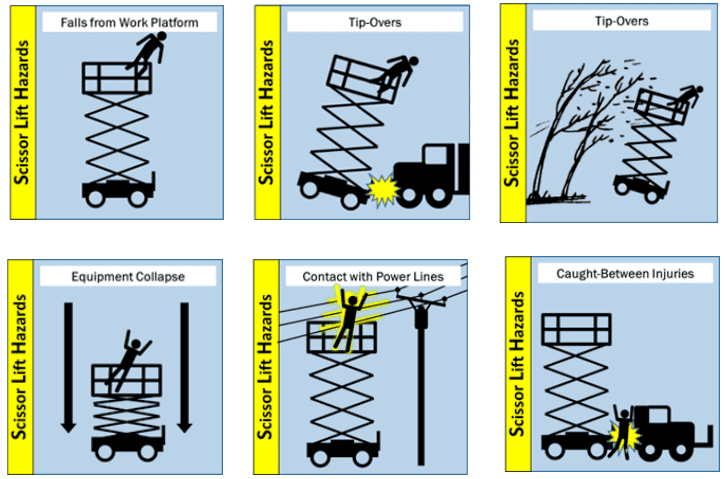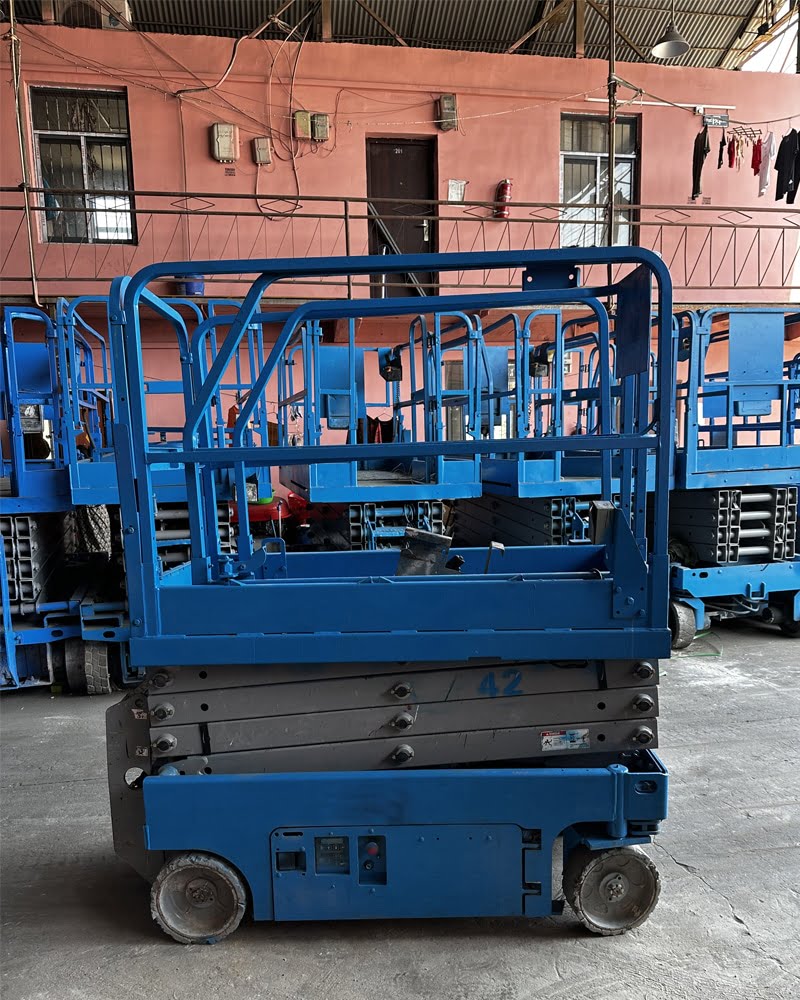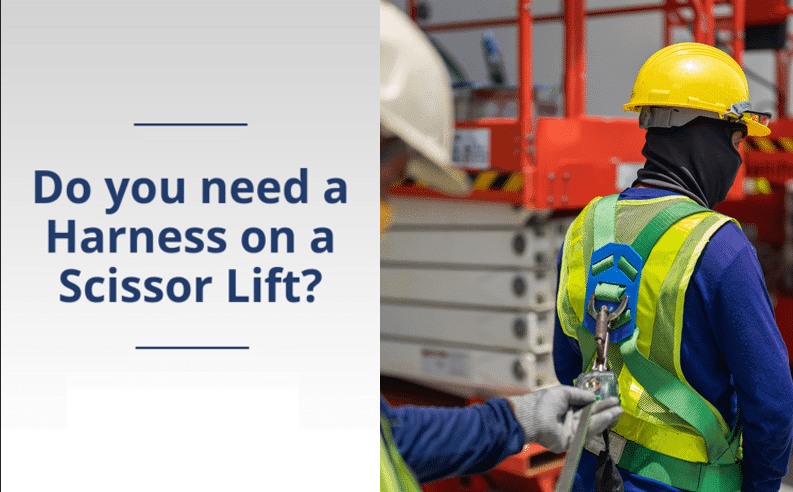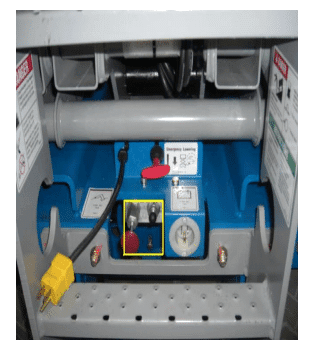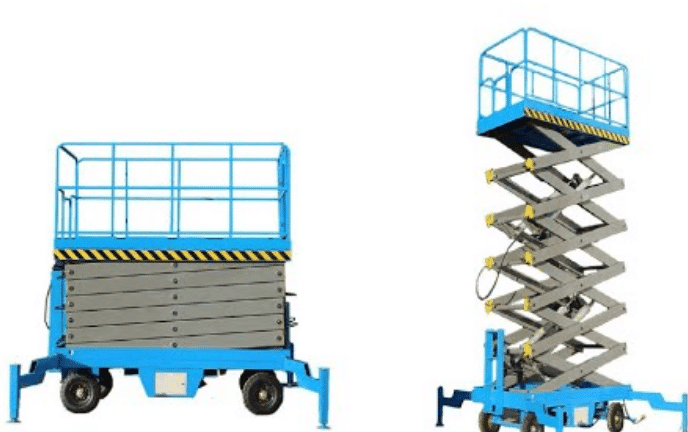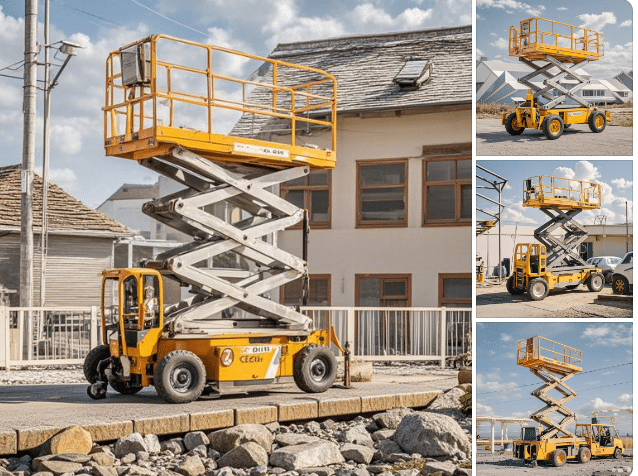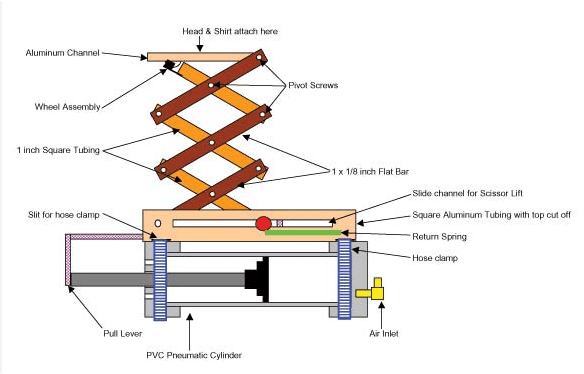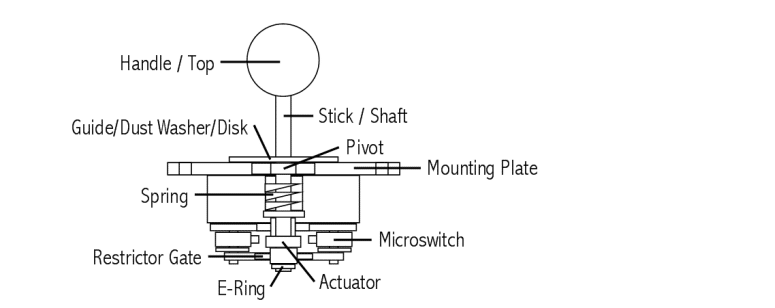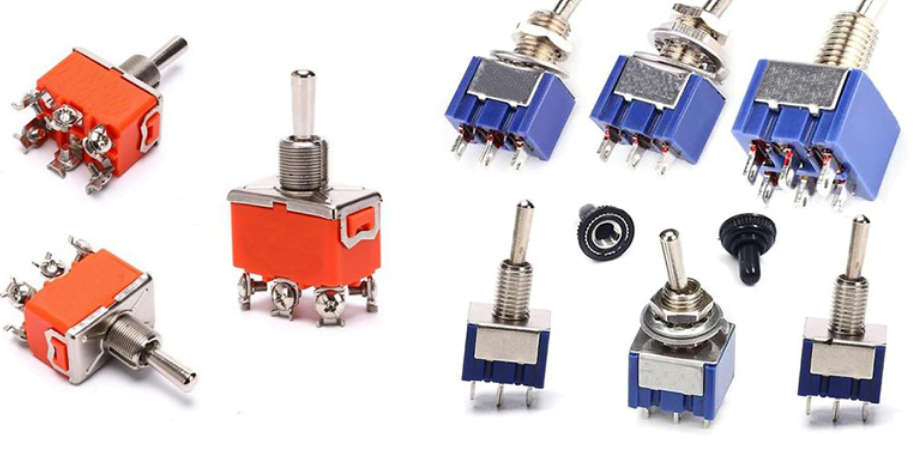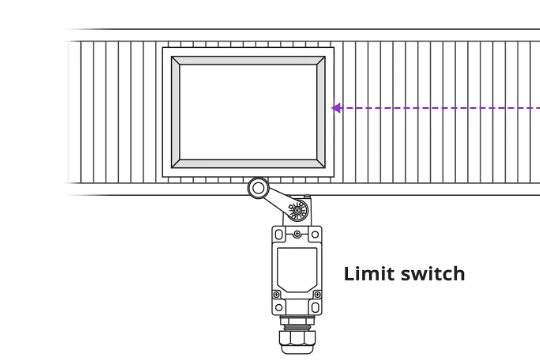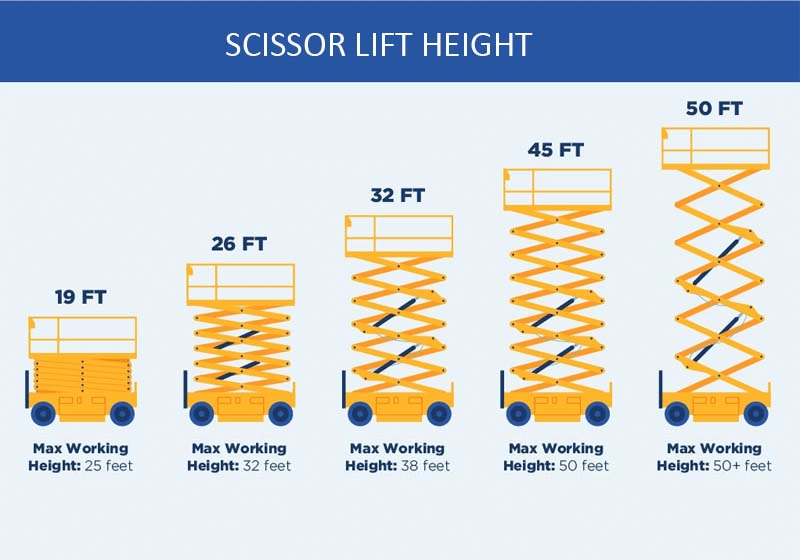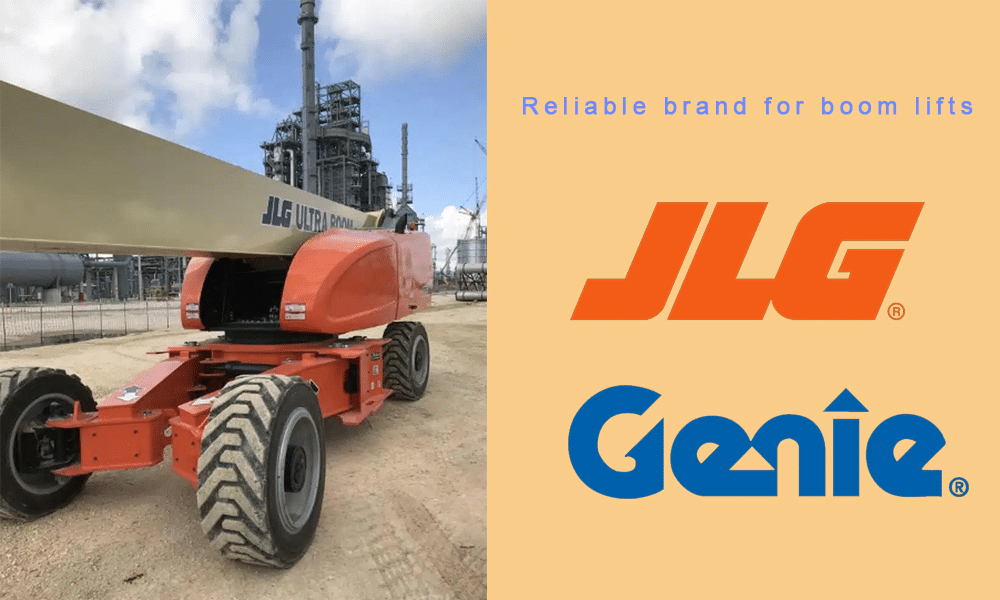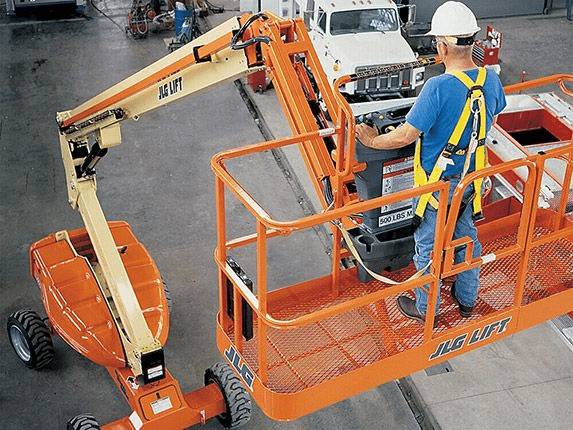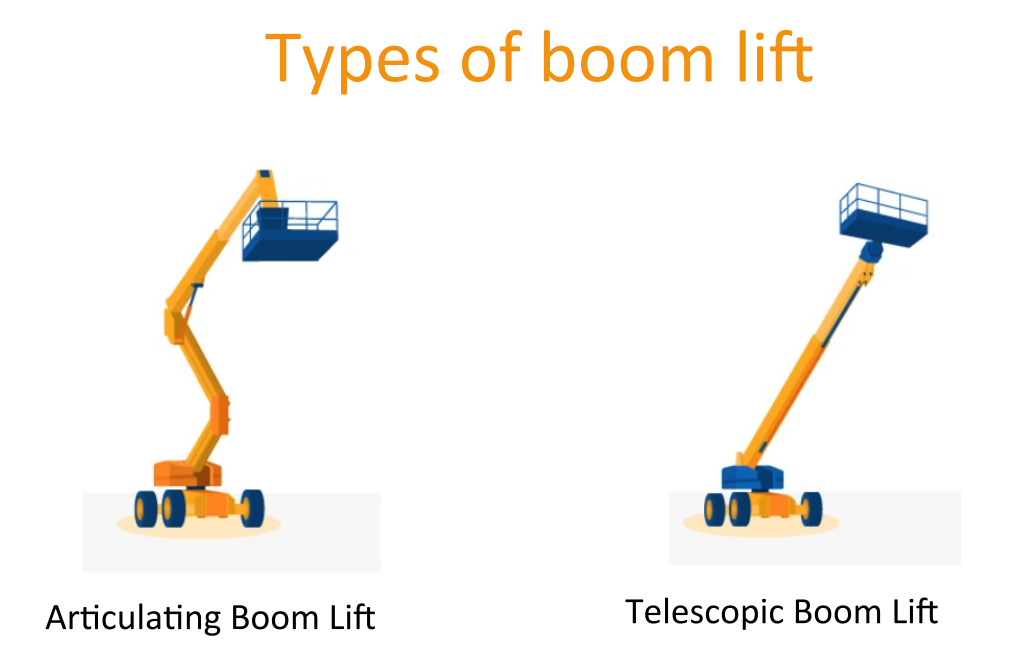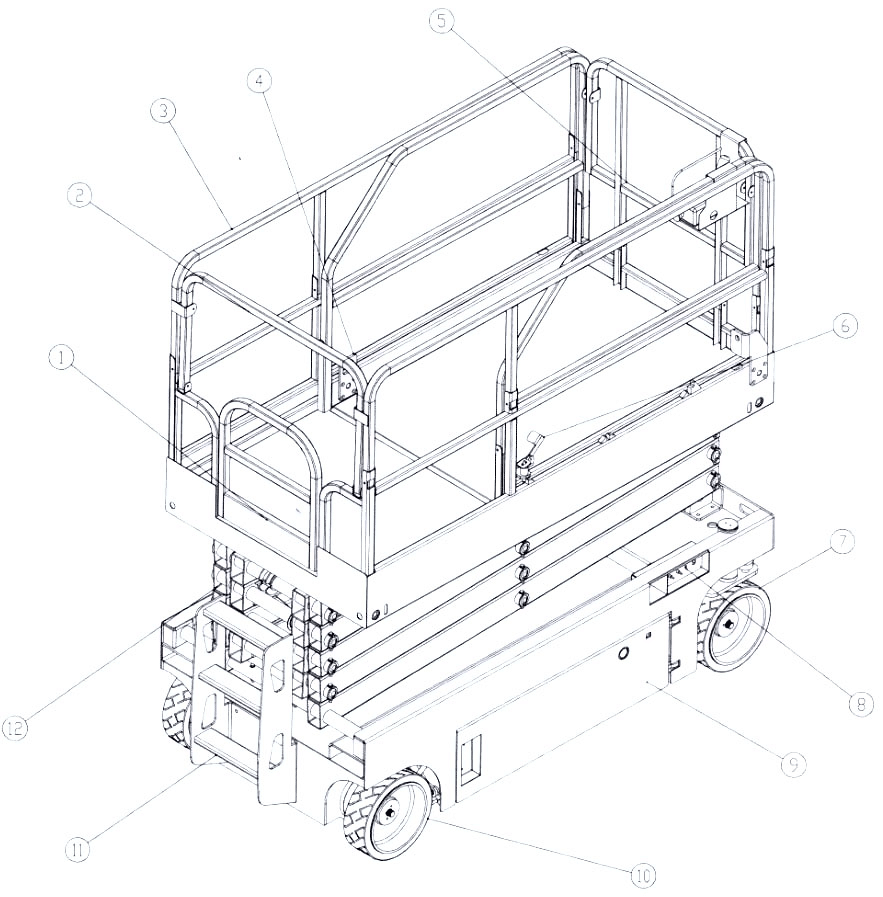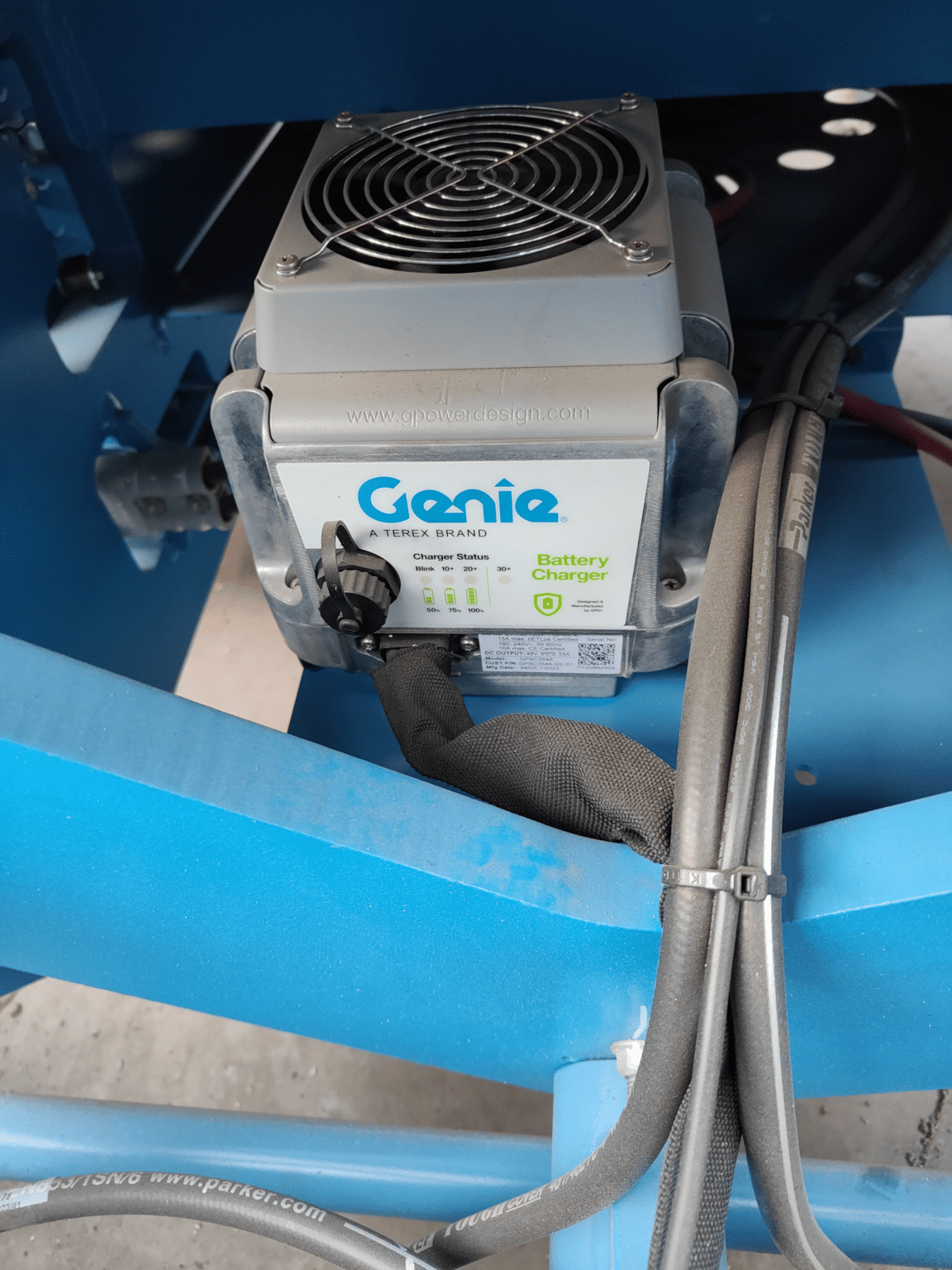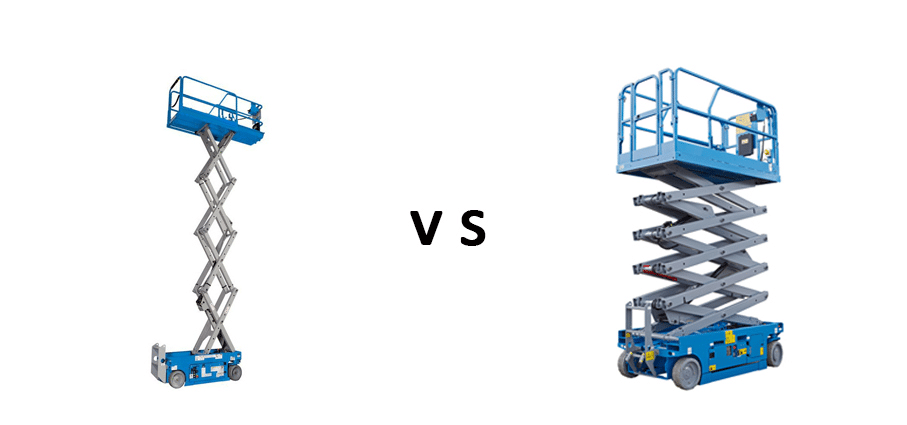Used Boom Lift For Sale/Rent
A used boom lift is a type of machinery which has been used for years. The advantage of the used boom lift keeps the same function and performance compared to the brand new boom lifts with a more competitive price. We offer many famous brands used boom lift such as JLG, genie, Skyjack, Dingli, SINOBOOM, etc.
A boom lift is a type of aerial lift designed to lift workers on construction sites, on farms, along utility lines, and elsewhere. It consists of a platform or bucket attached to a hydraulic arm and a grounded, movable base. There are two types of boom lifts popular in the market, Articulated and Telescopic. They are both safe for indoor and outdoor jobs.
- 150Ft Used Boom Lift, DINGLI BT44RT(2022)DINGLI BT44RT Boom Lift (2022) | Used Boom Lift For Sale This used DINGLI BT44RT Boom Lift was manufactured in…
- 120Ft Used Boom Lift, DINGLI BT36ERT(2024)DINGLI BT36ERT Boom Lift (2024) | Used Boom Lift For Sale This used DINGLI BT36ERT Boom Lift was manufactured in…
- 112 Ft Used Boom Lift, DINGLI BT34ERT(2024)DINGLI BT34ERT Boom Lift (2024) | Used Boom Lift For Sale This used DINGLI BT34ERT Boom Lift was manufactured in…
- 100 Ft Used Boom Lift, DINGLI BT30ERT(2024)DINGLI BT30ERT Boom Lift (2024) | Used Boom Lift For Sale This used DINGLI BT30ERT Boom Lift was manufactured in…
- 92 Ft Used Boom Lift, DINGLI BA28RT(2024)DINGLI BA28RT Boom Lift (2024) | Used Boom Lift For Sale This used DINGLI BA28RT Boom Lift was manufactured in…
- 79 Ft Used Boom Lift, DINGLI BA24ERT(2024)DINGLI BA24ERT Boom Lift (2024) | Used Boom Lift For Sale This used DINGLI BA24ERT Boom Lift was manufactured in…
- 53 Ft Used Boom Lift, DINGLI BA16ERT (2024)DINGLI BA16ERT Boom Lift (2024) | Used Boom Lift For Sale This used DINGLI BA16ERT Boom Lift was manufactured in…
- 65 Ft Used Boom Lift, Genie Z60/37FE(2021)Genie Z60/37FE Boom Lift (2021) | Used Boom Lift For Sale Unit Specifications ManufacturerGenieModelZ60/37FEConditionUsed with well conditionsYear of Make2021Hours Meters600Serial NO.To…
- 66 Ft Used Boom Lift, Genie Z60/34(2012)Genie Z60/34 Boom Lift (2012) | Used Boom Lift For Sale Unit Specifications ManufacturerGenieModelZ60/34ConditionUsed with well conditionsYear of Make2012Hours Meters2,000Serial NO.To…
- 57 Ft Used Boom Lift, Genie Z51/30JRT(2008)Genie Z51/30JRT Boom Lift (2008) | Used Boom Lift For Sale Unit Specifications ManufacturerGenieModelZ51/30JRTConditionUsed with well conditionsYear of Make2008Hours Meters2,980Serial NO.To…
- 38 Ft Used Boom Lift, Genie Z33/18(2022)Genie Z33/18 Boom Lift (2022) | Used Boom Lift For Sale Unit Specifications ManufacturerGenieModelZ33/18ConditionUsed with well conditionsYear of Make2022Hours Meters200Serial NO.To…
- 126 Ft Used Boom Lift, Genie S120(2015)Genie S120 Boom Lift (2015) | Used Boom Lift For Sale Unit Specifications ManufacturerGenieModelS120ConditionUsed with well conditionsYear of Make2015Hours Meters3,000Serial NO.To…
All Parts
FAQs
Related Blog
Is Fall Protection Required On Scissor Lift?
Is Fall Protection Required On Scissor Lift? Scissor lifts have a wide range of applications in fields such as construction, logistics, and warehousing. It provides a convenient and efficient solution for workers to transport and lift heavy objects, saving time and…
How Wide Is Scissor Lift?
How wide is a scissor lift? The width of scissor lifts varies depending on factors such as model, purpose, and design. Small scissor lift Small models for indoor use This type of scissor lift is mainly used for low altitude…
Does OSHA Require Harness In Scissor Lift?
Does OSHA require a harness in a scissor lift? OSHA, also known as the Occupational Safety and Health Administration in the United States, plays a crucial role in ensuring workplace safety. As a commonly used high-altitude operation equipment, scissor lifts…
How To Release Brakes On Scissor Lift?
How to release brakes on scissor lift? Scissor lift is a high safety equipment during using. The way the scissor lift releases the brake may vary depending on the model and manufacturer. Here are some common steps: Check the equipment…
How High Can Scissor Lift Go?
How high can a scissor lift go? As an important aerial work platform, scissor lifts have various types, each with its unique features and applications. There are various models of scissor lifts with different lifting ranges. Fixed scissor lift: The lifting height can range…
How To Transport Scissor Lift?
How to transport a scissor lift? Scissor lifts can quickly transport goods from one place to another, reducing the time and cost of manual. Especially in warehouses, production lines, and other places, scissor lifts can easily transport heavy objects, providing…
How Large Is a 19ft JLG Scissor Lift
How large is a 19ft JLG scissor lift The 19ft JLG scissor lift is the JLG model 1932. The JLG 1932 scissor lift provides efficient and safe solutions for the high-altitude work needs of many industries. The JLG 1932 scissor…
How Does Scissor Lift Work?
How does scissor lift work? Scissor lift is a device like its name which uses a “scissor” design structure to achieve lifting and lowering functions, and is currently widely used for indoor and outdoor jobs. It is small in size and easy…
The Role of Joysticks in Scissor Lifts and Boom Lifts: A Comprehensive Guide
Understanding the Role of Joysticks in Scissor Lifts and Boom Lifts What Is A Joystick? A joystick on a scissor lift/boom lift is a physical input device which can convert the movement of a plastic rod into electronic information that can be…
What Is The Scissor Lift Toggle Switch?
What Is The Scissor Lift Toggle Switch? Quick Summary Of Scissor Lift Toggle Switch Scissor lift toggle switches are a common type of switch used in equipment. From an exterior perspective, scissor lift toggle switches typically feature a compact casing…
What Is a Limit Switch On lifts & How Does it Works?
What Is a Limit Switch On lifts & How Does it Works? Definition Of Limit Switch For scissor lifts and boom lifts, the limit switch plays an important role in controlling the working in a limited position which ensures safety…
Scissor Lifts vs Boom Lifts, what is the difference?
Scissor Lifts vs Boom Lifts, what is the difference? Concept of the Scissor Lifts & Boom Lifts Aerial Working Platform that serves various industries in high-altitude operations, equipment installation, maintenance, and other mobile high-altitude operations. Aerial work platform is a…
Scissor Lift Size: How To Select The Right Height For Your Scissor Lift?
Scissor Lift Size: how do select the right height for your scissor lift? When you are considering selecting a scissor lift for your business, you must consider what is the most suitable size or height for your usage. An appropriate height…
10 Basic Boom Lift Safety Tips for the Operators
10 Basic Boom Lift Safety Tips for the Operators The boom lifts are widely used by construction companies for high-area jobs. Safety has always been a hot topic that has been discussed since ancient times. However, since entering the new generation, boom lift technology…
OSHA Standards For Scissor Lift Safety Complete Guide
OSHA Standards For Scissor Lift Safety Complete Guide OSHA standards define a scissor lift as a Scaffold but not an aerial lift because the scissor lift is typically fixed, not vehicle-mounted. According to OSHA stands, an aerial lift is something that…
How To Operate A Boom Lift?
The boom lift aerial work platform, as a classic aerial work equipment suitable for indoor and outdoor multi-point operations, is renowned for its excellent ductility, heavy load capacity, strong power, easy maintenance, and high energy efficiency. It has a wide…
The Scissor Lift Guide | Definition, Classification Types and Application
What is the scissor lift? The scissor lift is one type of high aerial work platform man lift and widely used on commonly interior work jobs like ceiling construction, sign hanging, lifting people, materials, and other maintenance projects. Compare to…
What Is The Jib On Boom Lift?
What is the Jib on Boom lift? Conception & Application The Jib on the boom lift is the final transmission and load-bearing part of the force. The absolute force of the jib must be strong enough to maintain the stability of the high-altitude…
What is a Boom Lift: Definition, Types and working principle
Boom Lift: Definition, Types and working principle Concept of Boom Lift Boom Lift is a common lifting equipment in higher height aerial working platform solutions between telescopic boom lift & articulated boom lift, mainly composed of the following parts: The above are the…
How To Operate The Scissor Lift?
How To Operate The Scissor Lift? The Scissor Lifts The self-propelled scissor lift is a mechanical equipment used for high-altitude operations, which can perform safe and efficient operations indoors and outdoors. To ensure the safety of operators and the smooth…
How To Charge The Scissor Lift?
How To Charge The Scissor Lift? When we buy or rent a scissor lift, we may confused about how to charge a scissor lift properly. Due to these types of electric scissor lifts are battery-powered, they require to be charged…
Narrow Scissor Lift vs Wide Scissor Lift, What Is The Difference?
Narrow Scissor Lift vs Wide Scissor Lift, What Is The Difference? When we classify a scissor lift, there are 2 main types popular on the market, narrow scissor lift and wide scissor lift. They are both efficient for high areas works which…
